Minister takes pointers from Berlin integration
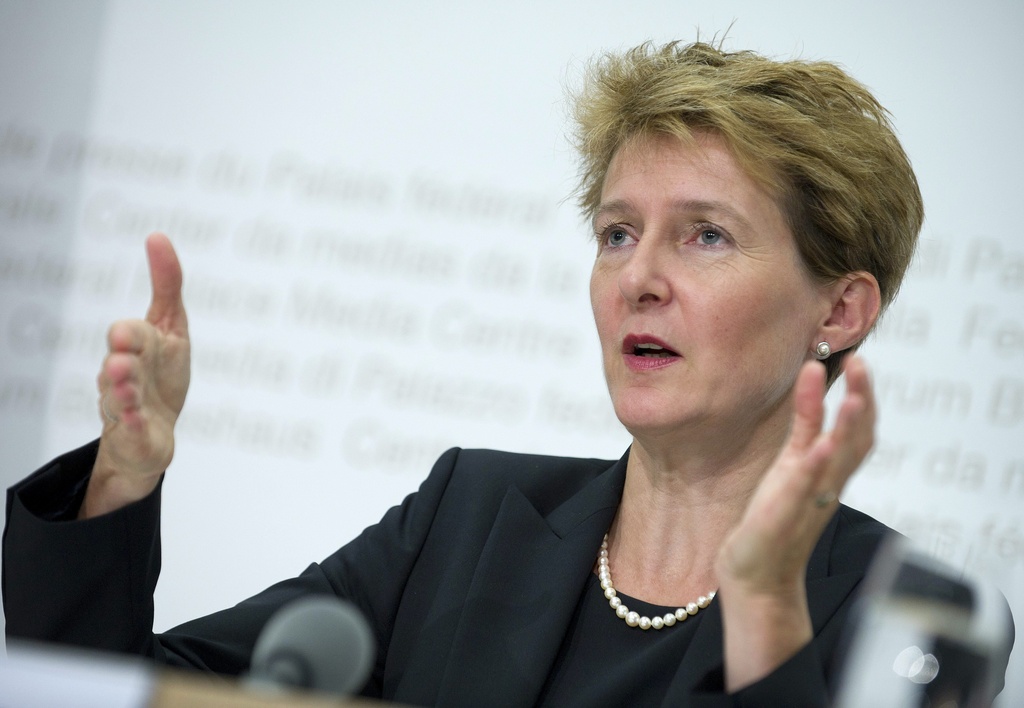
The Swiss justice minister got a fresh take on integration when she joined a group of Turkish and Arab women for a German lesson in inner city Berlin on Monday.
Recalling that integration is a two-way street, Simonetta Sommaruga praised the work of the programme which trains women with an immigrant background as outreach workers.
Sommaruga made room for the language class during a one-day working visit to meet her German counterpart Interior Minister Hans-Peter Friedrich.
“Language is the alpha and the omega,” she said afterwards.
Apart from improving their own language skills, the women taking part in the “Brunnenkiez mothers” project learn about health issues, the school system, communication and access to language classes.
Their role is to act as a bridge between immigrant families and society, encouraging them to make the most of what’s on offer in their local community and advising them on everyday matters. The women are also trained on how to deal with cases of child neglect and domestic violence.
Act local
The Swiss minister appeared to enjoy her German lesson. “The project shows that integration must take place on a local level for it to work. In Switzerland that means that integration has to take place first and foremost in the communes,” she said afterwards at the Swiss embassy.
Sommaruga was also impressed that the immigrants took an active role in putting the Berlin course together. “Participation is the key to integration,” the minister said, adding that the visit had shown once again how crucial knowledge of the local language was.
“To find one’s way in a society, one has to understand the language,” Sommaruga said. She called for language promotion to be built up more in Switzerland.
During her meeting with Friedrich, Sommaruga pointed out that initiatives put in place to promote the integration of foreigners benefited the native population as well as immigrants. “Integration requires effort on both sides,” she said.
Agree to agree
Closer cooperation on asylum was high on the agenda at the ministers’ meeting where it was decided to make their respective procedures quicker and more efficient in the framework of the Dublin Agreement.
According to the Dublin Agreement on asylum, the first state that processes an asylum application is the only country where an application can be made. The agreement rules out the possibility for people to seek asylum in multiple European countries.
The two countries agreed to conclude a bilateral accord that should facilitate the full implementation of the Dublin Agreement between Switzerland and Germany.
“Cooperation between the two countries on the implementation of the Dublin Agreement already works really well today,” said Sommaruga.
However, a bilateral accord, like the one that already exists between Switzerland and Austria, should shorten the processing time for asylum cases that involve both countries.
“When individual cases are processed quicker, capacity will be freed up in the reception and processing centres of the state, which will take the pressure off the cantons,” Sommaruga said.
A related issue up for discussion was the establishment of precise procedures for the transfer of people at the Swiss-German border points Konstanz-Kreulingen and Basel-Weil am Rhein. Through such handovers on land, costs can be reduced, a Swiss justice ministry statement said.
Since the beginning of cooperation in the framework of the Dublin Agreement at the end of 2008 Switzerland has sought the transfer of 1,100 asylum seekers to Germany. In the same period Germany returned some 850 people to Switzerland.
A total of 30 countries, mostly from the European Union, have joined the Dublin Agreement on asylum.
Switzerland signed up to the accord following a nationwide vote in 2005.
Under Dublin II, each asylum request is dealt with by only one member state, the aim being to avoid “asylum shopping” in different Dublin-area countries.
The accord, in force since 2008, fixes the responsibility in terms of asylum requests but does not change countries’ internal asylum law.
A Europe-wide fingerprinting database, Eurodac, was set up to trace asylum requests.
The Swiss justice ministry says the number of people being sent back to another signatory state exceeds reverse cases.
(Adapted from German by Clare O’Dea)

In compliance with the JTI standards
More: SWI swissinfo.ch certified by the Journalism Trust Initiative
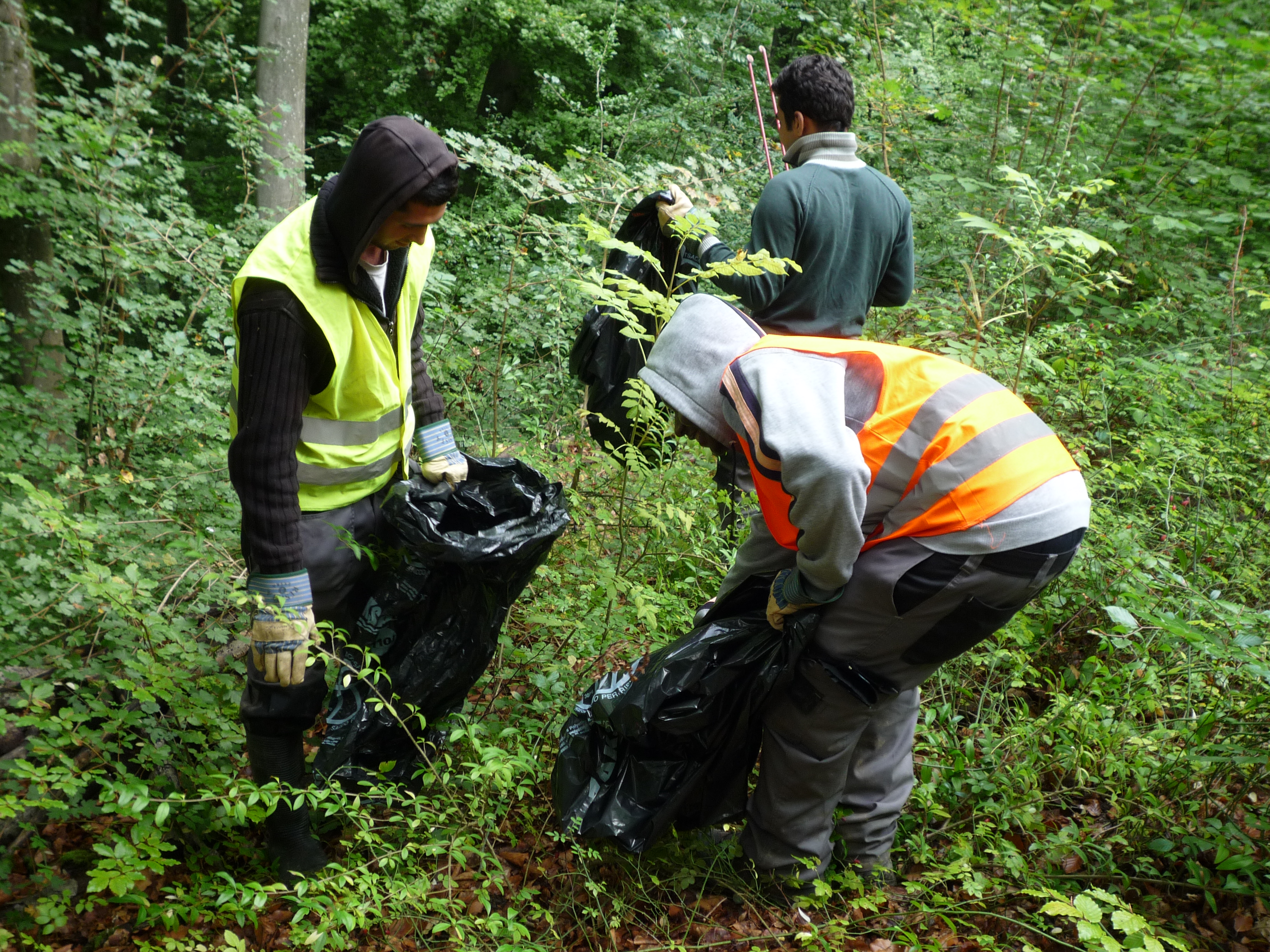
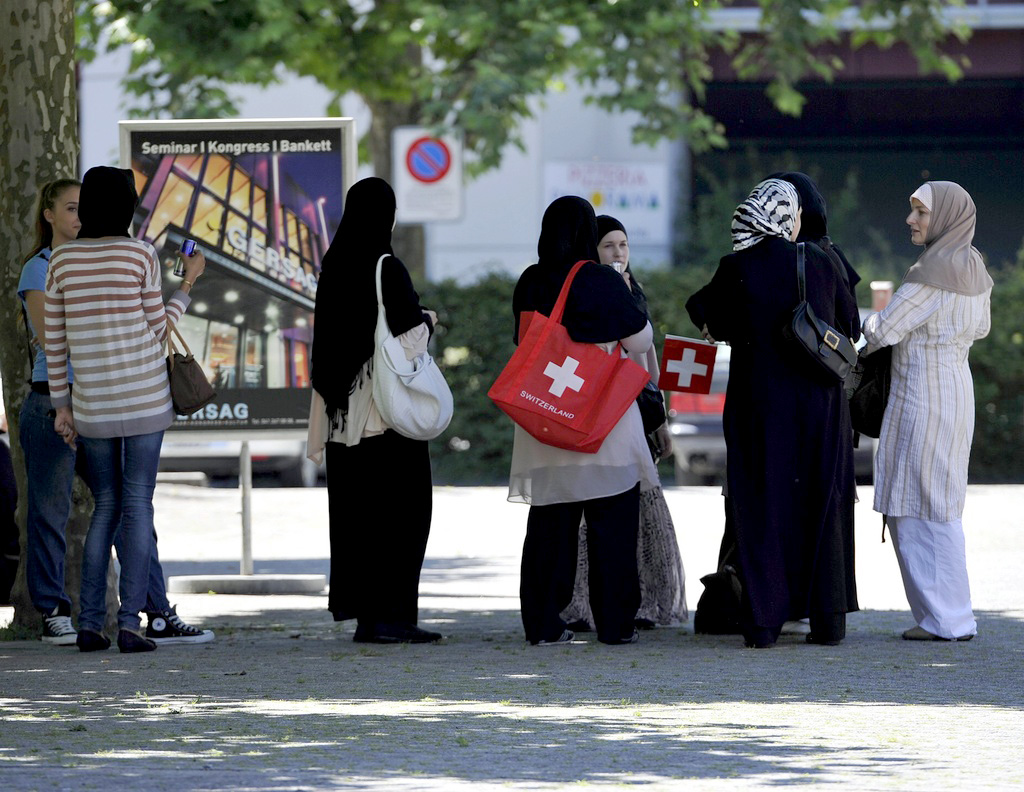

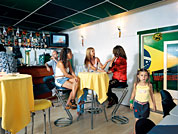
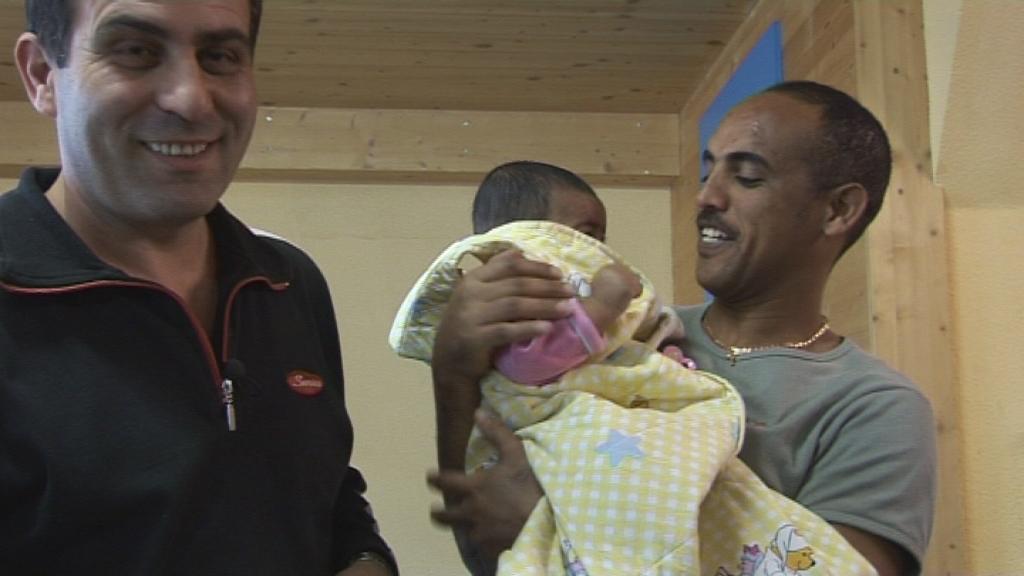
You can find an overview of ongoing debates with our journalists here. Please join us!
If you want to start a conversation about a topic raised in this article or want to report factual errors, email us at english@swissinfo.ch.